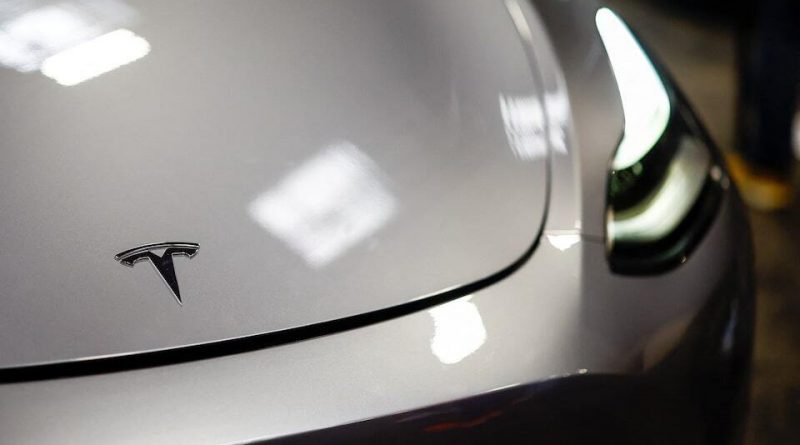Tesla Secures Key Legal Win as Judge Blocks Race Bias Case From Proceeding as Class Action
A California judge rules that a large-scale racial harassment lawsuit involving thousands of workers cannot advance as a class action, reshaping the legal landscape for ongoing discrimination claims against Tesla.
A California state judge has delivered a significant decision in a high-profile workplace discrimination case involving thousands of Black employees at Tesla’s main assembly plant.
The judge ruled that the lawsuit cannot proceed as a class action, marking a major legal win for the electric vehicle manufacturer.
The case, originally filed in 2017, alleged that Black workers at the Fremont factory faced racial slurs, offensive graffiti and other forms of misconduct.
For years, the lawsuit sought to advance on behalf of roughly 6,000 employees who claimed similar experiences.
The recent ruling found that the plaintiffs’ legal team could not secure testimony from at least 200 workers before the scheduled trial.
Because of this, the court determined that the experiences of a smaller group could not reliably represent those of the entire proposed class.
An earlier judge had approved class-action status in 2024, believing the case could be managed at a large scale. However, the latest ruling overturns that decision, stating that ongoing logistical gaps prevent the lawsuit from meeting required legal standards.
Tesla did not issue a comment following the judge’s decision, though the company has previously denied tolerating any form of workplace discrimination. The firm has said it has dismissed employees found responsible for racial misconduct and continues to enforce its internal policies.
The named plaintiff in the case, a former assembly-line worker, described several troubling incidents he claimed occurred inside the facility. He alleged that racial slurs, discriminatory graffiti and even nooses appeared in workplace areas used by Black employees.
With the class-action status removed, the case can only continue through individual claims rather than a single unified lawsuit. This shift may significantly change the scope and potential outcomes of the legal process as it moves toward trial.
A trial date had been scheduled for April next year, placing it just months before another case involving similar allegations brought by a state civil rights agency.
That separate case also accuses the company of failing to prevent racial discrimination within the factory environment.
In addition to the state-level actions, Tesla faces federal claims from the U.S. Equal Employment Opportunity Commission.
The EEOC enforces national anti-discrimination laws, and its case adds another layer of legal scrutiny surrounding workplace treatment at the automaker.
Tesla has previously settled several discrimination lawsuits that involved individual employees, though those cases did not reach class-action status.
Each settlement addressed allegations on a smaller scale but contributed to broader public attention on workplace culture at the company.
The latest ruling underscores the challenges of meeting the legal threshold necessary to advance a large collective action.
Courts require plaintiffs to demonstrate that widespread, consistent experiences can be proven across the entire group—a standard that was not met in this instance.
Legal experts say the decision may influence how future workplace cases are structured, especially for large companies with diverse, complex workforces.
It also highlights the importance of gathering extensive testimony when seeking broad legal representation under class-action guidelines.
While this ruling reduces the scope of the current lawsuit, individual claims could still proceed independently.
Those cases may continue to raise questions about workplace treatment and corporate accountability in high-employment manufacturing environments.
The outcome also shifts focus to the other pending trials, which may bring additional findings or settlements in the months ahead.
Together, these cases form a significant series of legal tests regarding workplace equity within one of the world’s leading EV manufacturers.
For now, the decision marks a pivotal moment in Tesla’s ongoing legal challenges related to race discrimination allegations.
As upcoming trials unfold, more details may emerge about workplace conditions, legal strategies and the broader implications for corporate responsibility.



